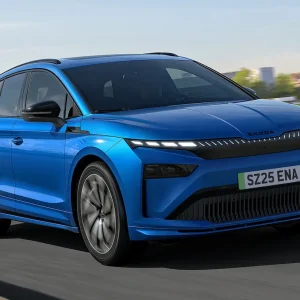New European legislation that governs which safety systems will be required with new vehicle models should be rolled out quickly, according to the European Automobile Manufacturers Association (ACEA).
The update of the General Safety Regulation, to be voted on by the European Parliament tomorrow, includes the requirement that all new car types come equipped with autonomous emergency braking.
Other measures supported by the car industry include drowsiness and attention detection systems, reversing detection for cars and vans, emergency stop signals, and lane departure warning systems.
The ACEA says the introduction time for the new measures should be aligned with product development time, allowing at least three years for new vehicle types from the date the regulation comes into force.
ACEA secretary general Erik Jonnaert said: “The European auto industry is committed to play its role in continuing to reduce road accidents and fatalities.
“In this context, we welcome the revision of the General Safety Regulation and support a wide array of the safety measures proposed by the European Commission last May.
“While we believe in the huge potential of vehicle safety technology, by itself it will never suffice. We are therefore calling on policymakers to adopt a truly integrated approach to road safety, combining new vehicle technology with better road infrastructure and safer driver behaviour.”
Although the UK is set to leave the EU shortly, it is highly likely that vehicle safety standards will remain aligned, and new models will inevitably need to comply with EU rules anyway.





